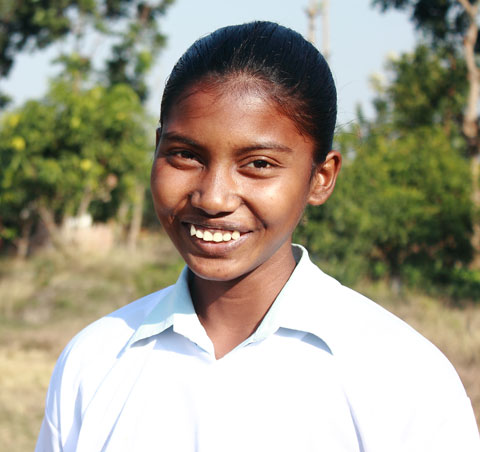We equip, mobilize, educate, and empower women

Agency is at the core of a young girl’s development
We build the agency of young girls so they stay in school, complete their education, delay marriage and pregnancy.
Through our agency-driven approach we are working towards giving young girls the self-confidence, knowledge, and negotiation capacity to tackle patriarchal norms in their daily lives. In addition to this, we also ensure that girls do not fall behind in today’s digitized and competitive workforce and instill essential 21st century and livelihood skills in them.
To ensure positive, gender-equal ecosystems for girls to thrive, we engage closely with various community and local stakeholders to shift regressive norms that hinder a girl’s agency.
When we invest in the agency of young people, we invest in a healthier and gender-equitable future for all.
Hence, we empower adolescents with life skills, boosting their confidence, critical thinking, and decision-making abilities for better life choices. Our approach instills gender-equal perspectives, encouraging them to challenge stereotypes and discrimination in their communities. Over the past 35+ years, C3 has equipped over 3 million adolescents and young people in India to be well-informed on issues such as bullying, discrimination, gender-based violence, early marriage, and early pregnancy. Additionally, we have improved their awareness and access to livelihood skills, health services, menstrual hygiene, and enhanced mental health and well-being.
Bihar, Jharkhand, Chhattisgarh, Odisha, Punjab, West Bengal, Telangana, Uttarakhand